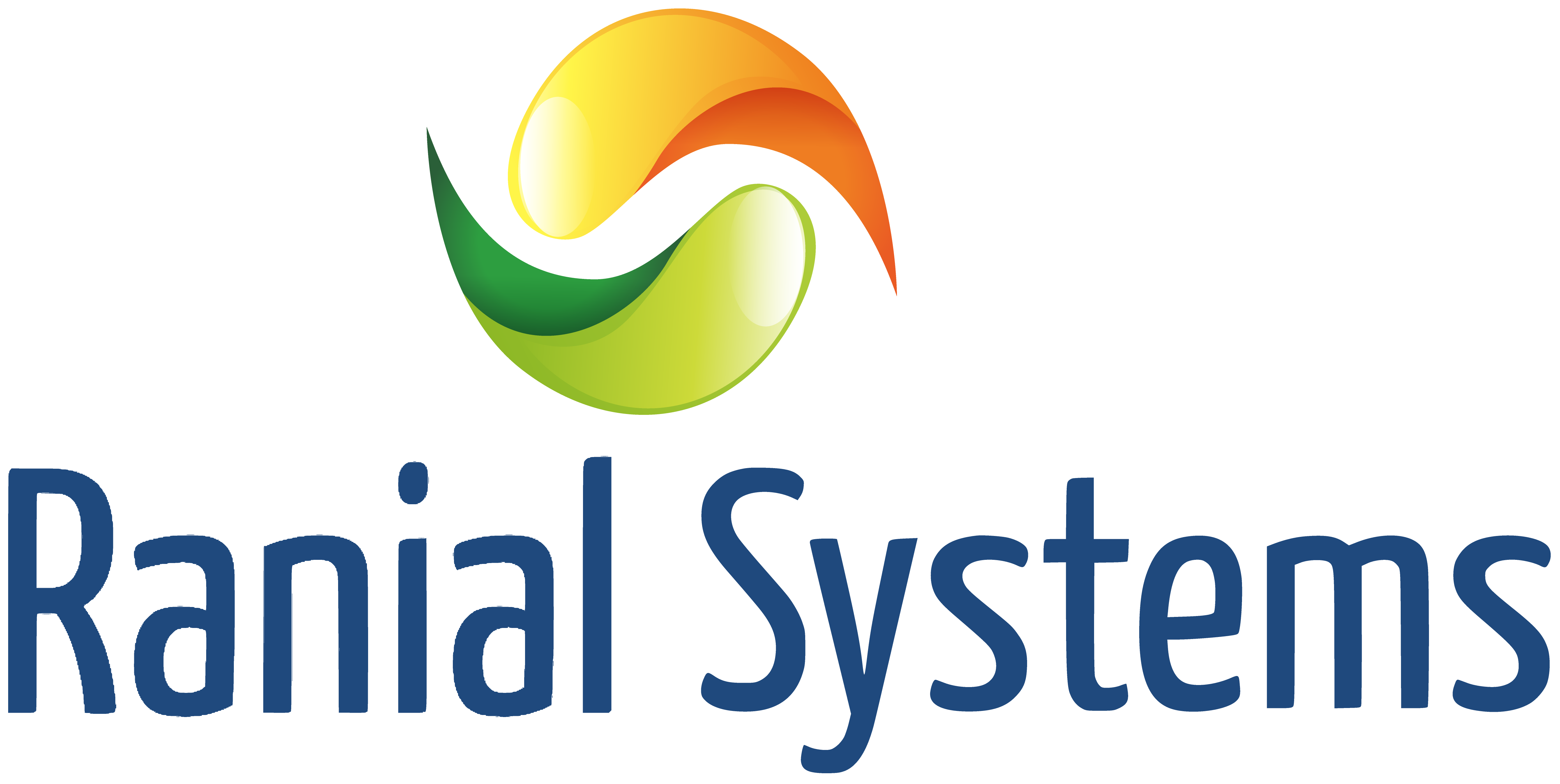- Mindshare
- No comments
No other technology has created as many ripples in the stream of innovation in the energy sector, as the smart grid. The smart grid is never smarter than when it saves a users’ dollar with its market and customer insights, and cognitive intelligence.
The advantage that a smart grid ensures does not need any more discussions. Different quarters enumerate the advantages from different perspectives and varying contexts. For the environment, it does a huge service by reducing emissions, for the business it optimises costs and for the consumer, it ensures the optimal use of power- another massive saving. For the industry, it adds to operations efficacy with its ability to identify power outages and pre-empting situations.
The smart grid, incidentally, isn’t only about meters. It is about connecting everything that manufactures, plans, distributes energy in utilities – meters, substations, workforce vehicles, wiring controllers and of course, the human resources that tie up all of these.
The brain of this Smart grid is the Internet of Things, that actually allows all utility assets to be connected communicate on a single platform. In addition to voice communication, the M2M and mobile networks also work to make these applications possible. All of these also support and enable and even more valuable asset – data – Customer data that can be used for extremely clear and specific insights on service, products, usage and even infrastructure health. But the strength behind these advantages comes from fairly ubiquitous technologies- the Internet of Everything, that allows clear uninterrupted conversations – machine to machine, platform to platform and network to network – essentially connecting everything – seamlessly. This near real time communication allows all the advantages listed above, and some more! With so much of operational clarity, just a touch of a button can push up customer service levels manifold. Sensing an opportunity, mobile service providers are also pushing mobility technologies up a few notches to deliver increasingly sophisticated solutions. A constantly evolving communication network ensures the strength of IoT which is the backbone of a smart grid that delivers on its advantages.
The process comes a full circle when these advantages benefit the end customer the most – in terms of cost savings and much better energy flow. Optimal usage smart meters always ensure utilization of energy as per its requirement, leading customers to actually pay-as-per-use. Besides, the user data that smart meters that from a smart grid throw out, can be and will be, used for much deeper insights into customer requirements, to create sharper strategies for better customer service and even better technologies to support this service. The smart grid is never smarter than when it saves a users’ dollar with its market and customer insights and cognitive intelligence.
IoT while essentially being technology driven, delivers a basic social need with big advantages – saving money, working smart while also helping sustain the planet.
Maybe it should be called Internet of Intelligent Everything?
